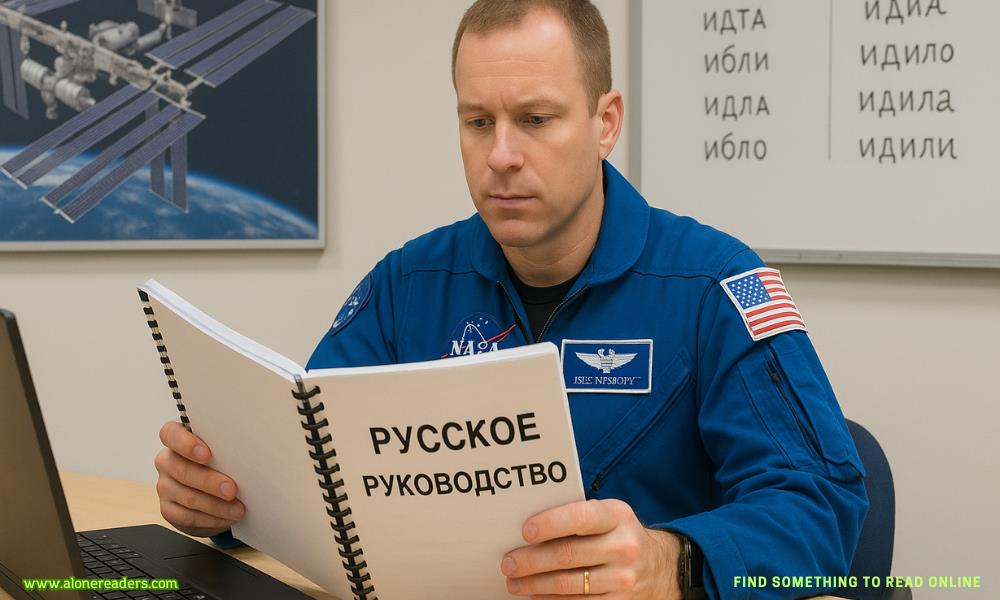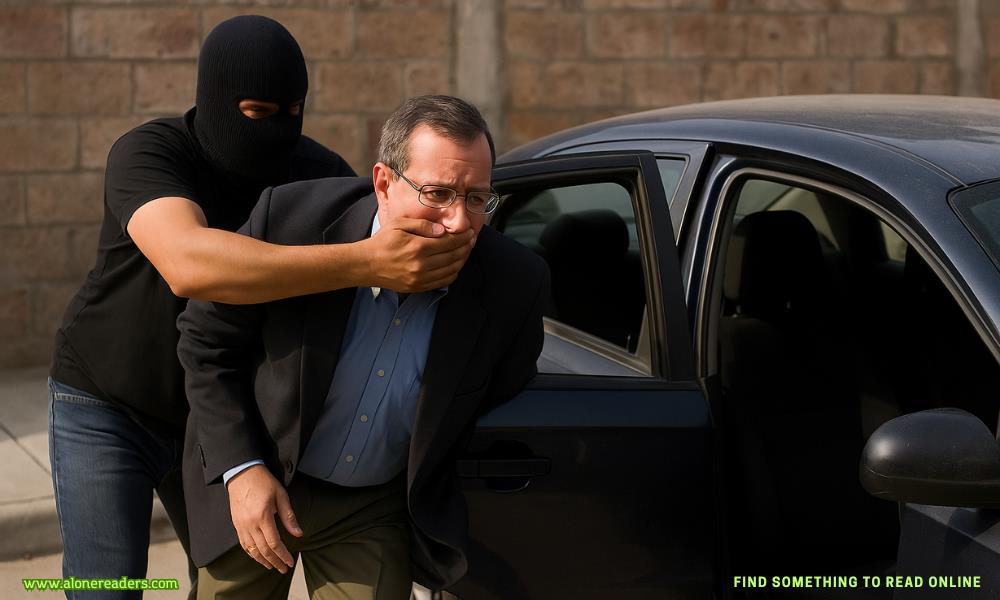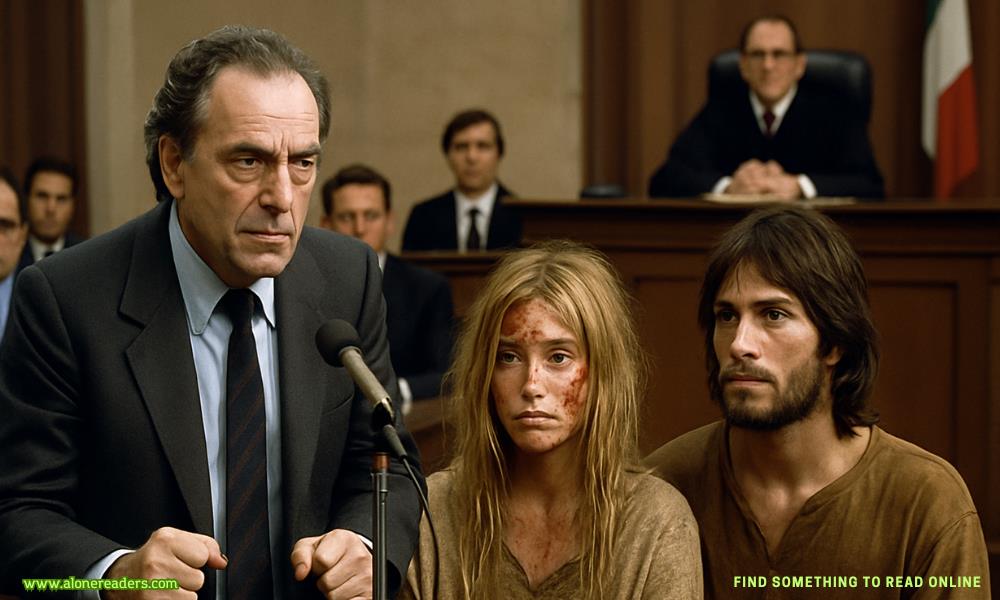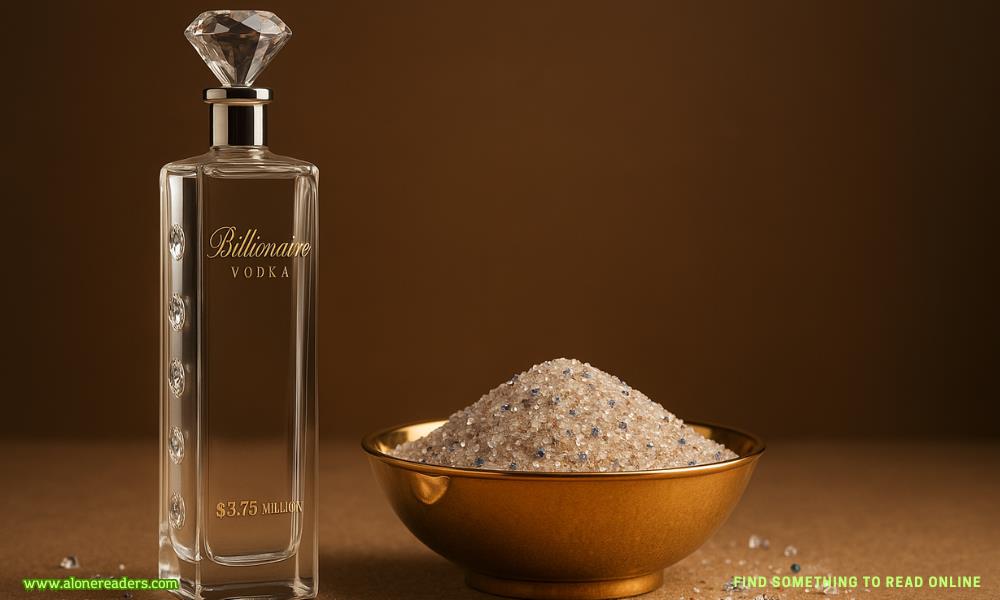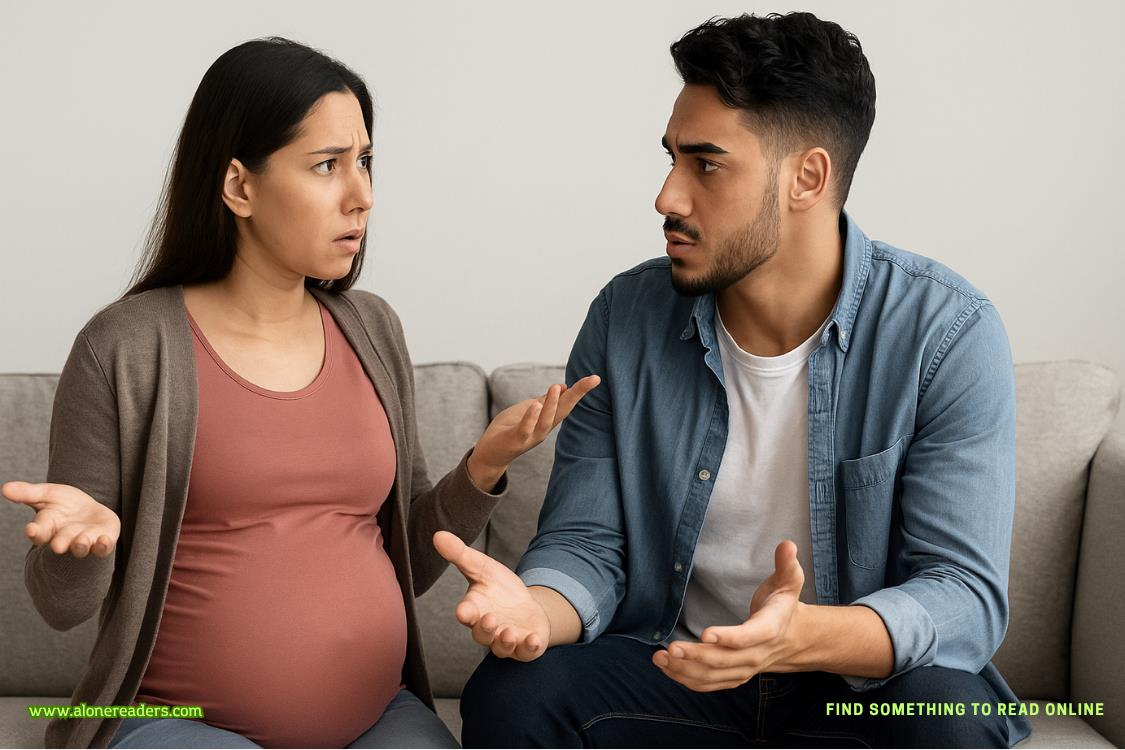Page 14 of Starlight & Dark Nights
“Sure,” Jude says.
She puts one of the girls’ shirts on the coffee table, folds another, and makes a new pile next to it. Even though they’re twins, she doesn’t normally dress them alike. Sure, for photos or special occasions because it’s cute, and they generally protest against this injustice, but on a daily basis Hope and Faith prefer to be seen as individuals, and Jude can respect that. To her, they are two wildly different people, and because they have such different personalities and so many small things that are unique to each of them, it often surprises her when people confuse the girls with one another.
Vance takes the checkbook from the drawer and begins to pay the power bill. “You all seem to get along so well,” he muses, head bent as he puts pen to check. “And the girls really need those friendships. You know how it is—for girls, friendships can make or break you.”
Rather than responding, Jude shakes out a pair of shorts with a crisp snap of her wrists, and she folds them and sets them on Hope’s pile.
Of course she understands the importance of female friendship, and she also understands that this is Vance’s way of saying that he hopes she’ll coax them into being more social than she is. At first he hadn’t minded that she kept to herself as much as she does, and in fact, it seemed that he’d been charmed to be with a girl who had so much time for him. He’d never had to wait his turn as she went out with friends, never had to endure painful double dates set up by his girl because she and a best friend were determined to make their men be best friends, too. But after a while, he’d started to question it:But who is your best friend? If you were to get married, who would be your maid of honor? Who do you call when you want to talk about girl stuff?
Jude gathers the pile of tiny socks that have run through the laundry and begins to match them as Vance tears off the check he’s written, sticks it into an envelope, and licks the edges to seal it. He turns to look at her, making sure she’s heard his last statement.
“Yes,” she finally says, “I know how important friendships are for girls.”
“Remember when we met?” he muses, one side of his mouth lifting in the handsome smile that had roped her in so quickly. “At the Burgundy Room?”
Jude nods. It happens frequently between them that one will be thinking of something and the other will voice it without warning. She’d just been sitting here recalling the night they’d met, and now here he is, talking about it.
“I do,” she says, smiling.
“You were wearing that dress the color of—what flower was it?”
“Lilacs,” she offers.
“Right. And you had that flower tucked behind one ear. You glowed like the light of heaven in the middle of that bar.”
Jude tries to remember the way she’d looked in the mirror that night, and to transplant that image into the middle of the Burgundy Room so that she can see what Vance saw. She knows that the ruched silk of the fitted dress hugged her curves and fell down to her knee in a flattering curtain of fabric. The dress was such a pretty pastel purple with a shine to it, and she can imagine that it caught the glow of the lights in the Burgundy Room, as everything there was cast in red—the lights had been changed from regular bulbs to deep red ones, and they made the dark wood bar, the bottles of dark liquid on the shelves, and the cozy little booths, look burgundy. To Vance, she must have stood out like a sliver of warm light as she moved through the room.
“I had an orchid,” Jude says now, remembering the way her friend, Catherine, had paused outside the bungalow where they were living, and snapped a small vanilla orchid from its vine to tuck behind Jude’s ear. The flower, a pale yellow, stood out against Jude’s smooth, dark hair. She remembers it all. “It was from the vine that grew on the wall outside our rental house.”
“Right,” Vance says, turning his whole body in the desk chair so that he’s looking at her. He puts an arm over the back of the chair and leans on it. “And that girl you lived with—what was her name?”
“Catherine,” Jude says. “It was Catherine.”
“What ever happened to her?” He looks genuinely curious.
Jude shrugs and reaches for a nightgown that belongs to Faith. “I’m not sure.”
“You just lost touch? Maybe you could find her again.”
Jude feels a frown starting to crease her brow. It’s moments like these when she has to remind herself that Vance is a helpful, loving husband, and it’s her happiness that he so desperately wants to secure, not some form of control over her. But regardless, there’s always this feeling of paternal bossiness that tinges the interactions where he so gently “suggests” she do something, and Jude has to work hard not to react.
“We did lose touch,” Jude says carefully. She stops folding clothes to scratch her bare upper arm. “And I suppose I could try to find her, yes.”
Satisfied, Vance turns back to the checks and bills. “Maybe she can come to Florida and visit. I bet you girls would like to catch up after all this time,” he says with his back to her.
“Mmm,” Jude says noncommittally. “Maybe so.”
She stands and picks up the pile of Hope’s clothing, walking it down the hall to her daughter’s room. Because the girls are both fast asleep, she sets the pile on top of Hope’s dresser and pauses to turn off the dimly burning lamp that keeps the room from being too dark during bedtime. Both girls have this same lamp in their rooms: a ceramic base made of a charming little boat full of animals, kind of like Noah’s ark. But to Jude, they feel like the animals are crossing the ocean on a ship, perhaps leaving behind the family and the places they love most—family and places they might never see again. The giraffes are craning their necks to catch one last glimpse of the familiar, and the elephants are looking ahead, trying to guess what comes next.
Is it even possible to track Catherine down right now, in 1965, when they haven’t seen one another since 1956? Maybe Catherine is married with a new name. Quite possibly she isn’t even in California anymore. And if it’s possible to find Catherine, maybe it’s even possible for Jude to find her own mother. Anything is possible.
With a switch of the lamp, the room is plunged into darkness.
CHAPTER6
Jo
The women are gatheredat Jude's house on a Wednesday morning, and she's made a pot of coffee. Barbie, Carrie, Jo, and Frankie are all there, and they've gotten sitters for their kids or sent the older ones off to school.
- The Hollywood Billionaire's Fangirl Wife by Marian Tee
- The Mechanic's Virgin by Jenna Rose
- Perfect Three by Suzy Shearer
- Silver Fox Daddies by Liz Archer
- Sassy Pants by Glenna Maynard
- Neighbor DADDY by Lena Little
- Forgotten Dreams by Natasha Madison
- Last Hand by Jessica Hall
- Knocked-up Bratva Bride by Rina Lawson
- Domination by B.J. Alpha
- Cruel Revenge by Kira Cole
- Selfish Suit by Whitney G.
- Burned to Obey by Wynter Raven
- The Therapist by K. Larsen
- Obsession by J.O. Mantel
- Pursuit of Her by Emily Hayes
